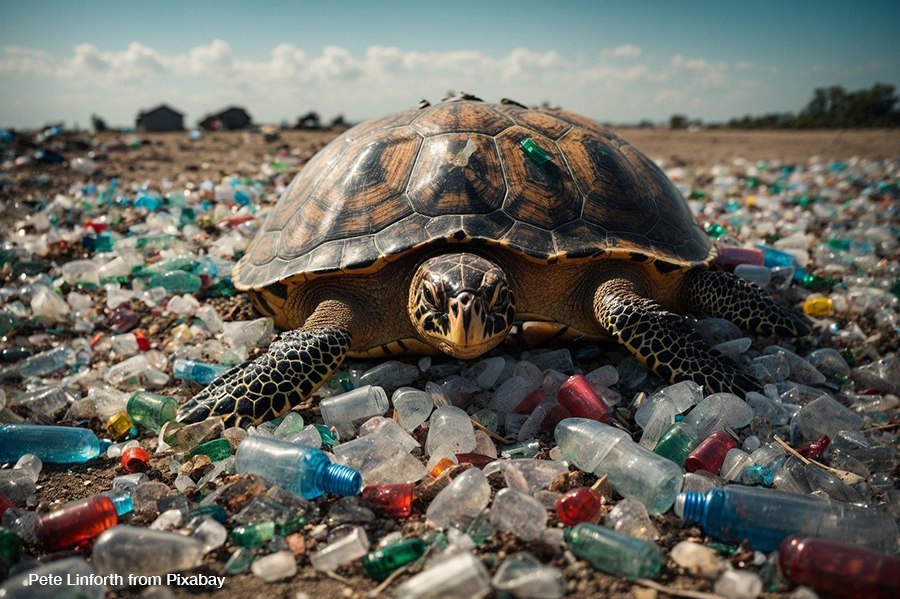Ask 10 parents how much added sugar their child consumes each day and there’s a good chance that at least 9 of them will have no clue or will underestimate it. In fact, research published in the International Journal of Obesity reported that 92 percent of the parents surveyed in the study underestimated the added sugar content in foods and beverages. The study also showed that kids are more likely to be overweight when their parents are misinformed about sugar in their kids’ diet. Since sugar intake is associated with an increased risk of being overweight and parents are a child’s nutritional gatekeeper, it essential that they know the ins and outs of sugar.
“Added sugars have infiltrated our lives in a pervasive way, making it crucial that parents know how to identify it and how much is too much,” says Dr. Nimali Fernando, a Fredericksburg, Virginia-based pediatrician who founded The Doctor Yum Project. “Without solid information regarding sugar intake, we may be setting our children up for possible health problems later.”
According to the American Heart Association, children should consume less than 25 grams of added sugar per day, which is equivalent to 6 teaspoons, and that children under the age of 2 should not have any sugar-added foods or beverages. They report that eating foods high in added sugar throughout childhood is linked to a higher risk of developing such diseases in adulthood as heart disease. It’s also linked to obesity and elevated blood pressure in both children and adults.
Childhood obesity has become a hot-button issue in recent years, as the number of children considered overweight and obese continues to rise, particularly among children age 2-5. According to a recent report in the New England Journal of Medicine, 57 percent of today’s children are predicted to be obese by age 35.
For the full story see the Sept. 19 issue or subscribe online.
By Dr. Nimali Fernando • Founder of the Doctor Yum Project




















0 Comments